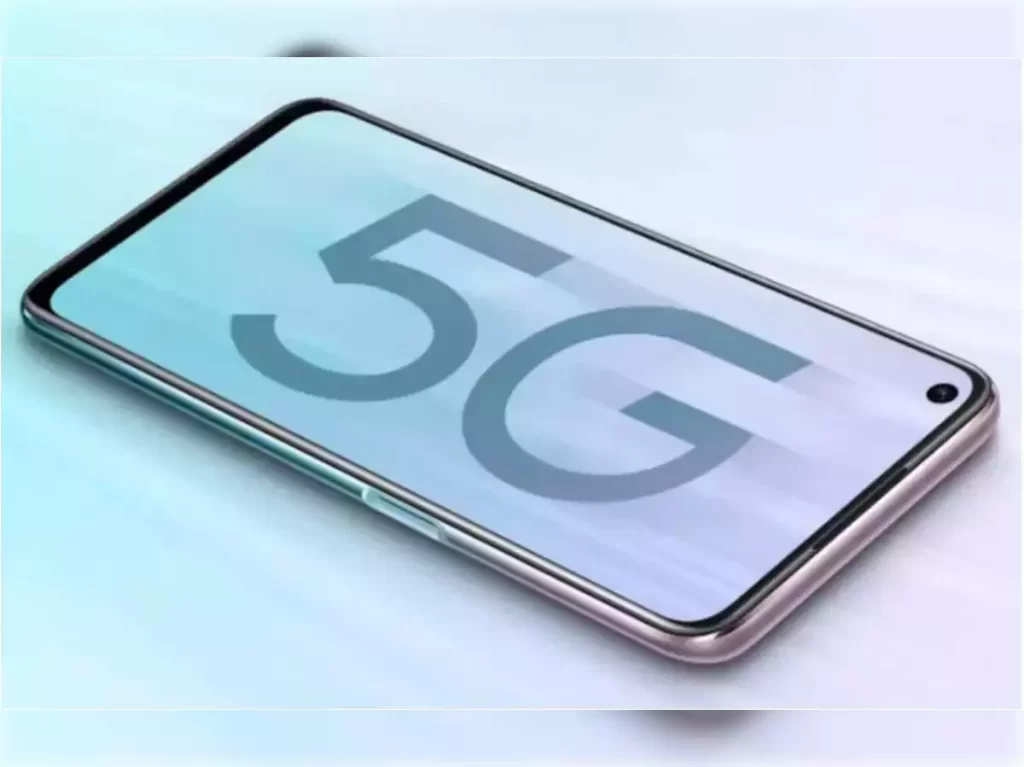Smartphones are becoming an essential part of our everyday lives in the digital age, changing the way we work, communicate, and pass the time. Still, the speed at which technology is developing pushes the limits of what these gadgets can accomplish. Emerging technologies, such as foldable displays and AI-powered assistants, are changing the mobile phone market and opening up exciting new possibilities.
Foldable display technology is one of the most talked-about technological developments of the past few years.

Foldable phones provide users with a more immersive multimedia and gaming experience by expanding the screen size without increasing the overall footprint of the device. Foldable devices have already been released by companies like Samsung, Huawei, and Motorola, demonstrating the potential of this cutting-edge technology. In the upcoming years, foldable phones should become more widely available as manufacturing techniques advance and costs come down.
The field of 5G connectivity represents another area of innovation. 5G, the upcoming wave of wireless technology, is expected to bring with it increased network capacity, reduced latency, and faster data rates, creating opportunities for new services and applications. The low latency and high bandwidth of 5G networks will make a wide range of revolutionary experiences possible that were previously impractical or unfeasible, from augmented reality (AR) to remote surgery. We can expect a spike in 5G-enabled devices as 5G infrastructure continues to roll out globally, spurring additional innovation and adoption.

Additionally, the future of smartphones is being shaped by artificial intelligence (AI) more and more. The majority of devices are starting to come equipped with AI-powered features like voice recognition, predictive text, and smart assistants, which improve productivity and user experience. Furthermore, AI algorithms are being used to enhance camera performance, extend battery life, and customize content recommendations, making smartphones more effective and user-friendly than ever. We may anticipate even more advanced applications that use machine learning and natural language processing to anticipate and seamlessly meet user needs as AI technology develops.
Another area of phone technology that is advancing quickly is biometric authentication techniques. While facial recognition and fingerprint sensors are now widely used, newer biometric technologies like vein and iris scanning are being developed to improve security and user convenience. By providing increased accuracy and resistance to spoofing, these sophisticated authentication techniques guarantee that private information is shielded from unwanted access. In order to protect users’ digital identities and personal information, biometric authentication will become increasingly important as privacy and security concerns rise.

In conclusion, because of cutting-edge technologies that keep pushing the envelope of innovation, smartphones have an exciting future ahead of them. Advancements in mobile device technology, such as foldable displays, 5G connectivity, AI-powered features, and advanced biometrics, are redefining the possibilities. These technologies will surely change how we work, live, and engage with the world as they develop and become more commonplace. So fasten your seatbelts and prepare for an exciting journey into the phone of the future!

